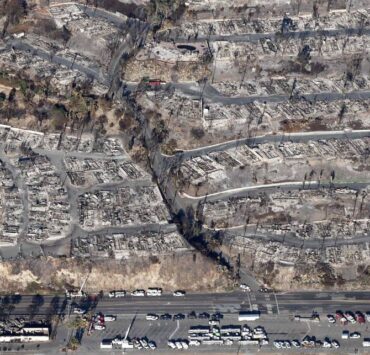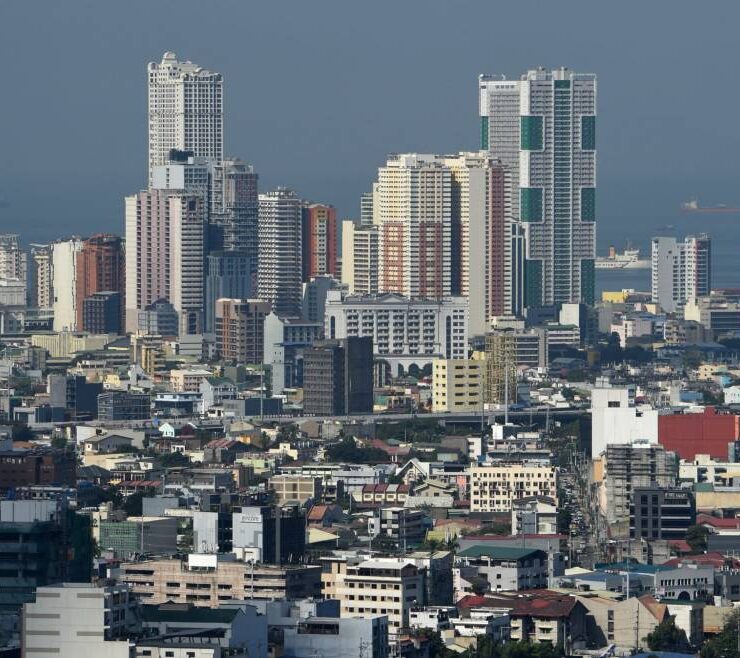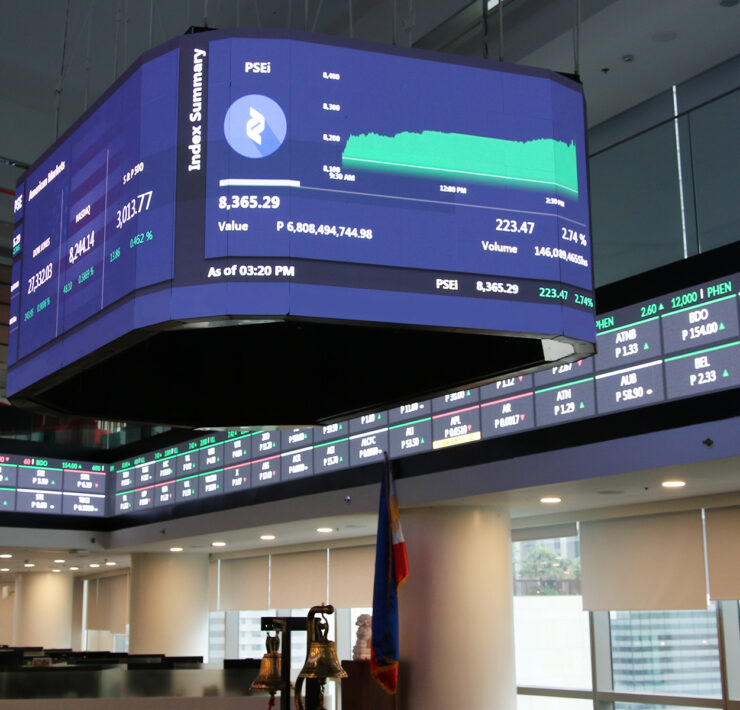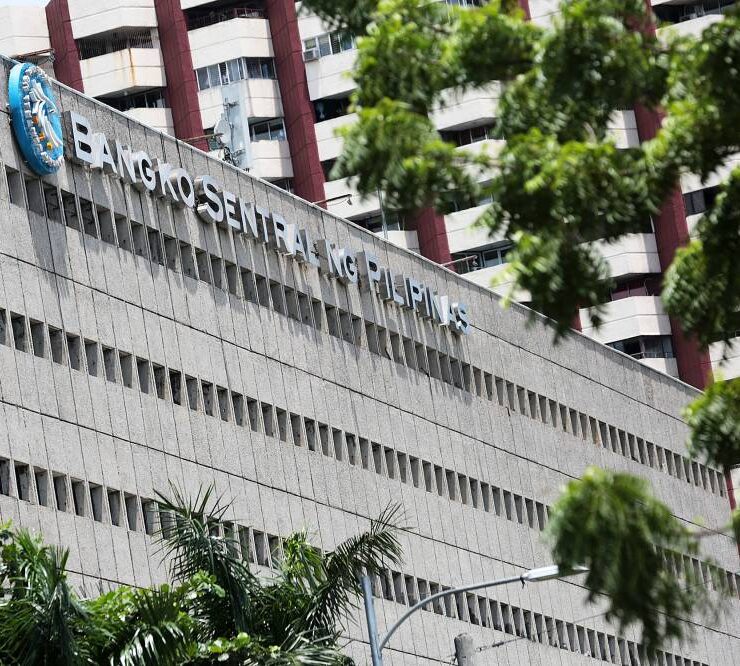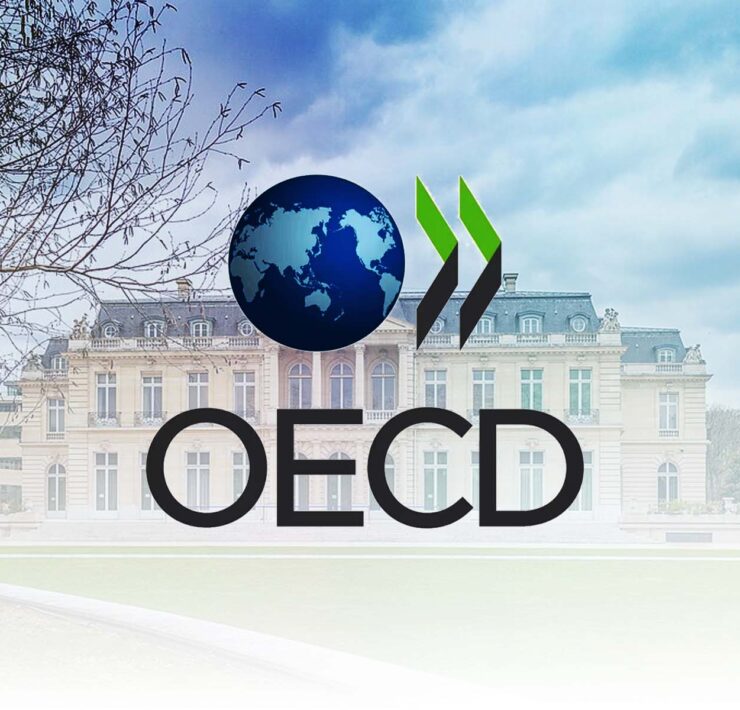What MMFF films reveal about economy, stock market in 2025

The Metro Manila Film Festival (MMFF) has been a beloved Filipino tradition, which showcases local cinema and entertains millions during the holiday season. But beyond the entertainment value, the MMFF may also serve as a surprising barometer of social mood—and perhaps, a predictor of stock market trends.
According to socionomics, a theory developed by Robert Prechter, social mood drives societal trends, including stock market movements, cultural preferences and even political events. The premise is simple yet impactful: when optimism dominates, people are drawn to happy and lighthearted forms of entertainment like comedies and fantasies.
Conversely, during periods of pessimism, darker genres like dramas and horrors dominate, which reflect the collective anxieties of society. If history is any indication, the themes and genres of MMFF’s top-grossing films could provide valuable insights into the prevailing social mood, which may influence the direction of the Philippine Stock Exchange Index (PSEi).
The connection between social mood and box office trends has been evident in the history of MMFF. During times of economic uncertainty, drama and horror films—genres that resonate with themes of hardship and fear—tend to dominate the festival.
For instance, after the 1997 Asian financial crisis, films like “Tanging Yaman” (2000), “Bagong Buwan” (2001) and “Mano Po” (2002) became box office hits. These films reflected the cautious and somber mood of a nation grappling with economic challenges, alongside a struggling PSEi, which lost 52.5 percent of its value during the same period.
On the other hand, periods of optimism and economic recovery have often been accompanied by a shift in popular genres. The mid-2000s saw the rise of escapist and comedy films such as Vic Sotto’s Enteng Kabisote series, as well as Vice Ganda’s hits like “Girl, Boy, Bakla, Tomboy” (2013), “The Amazing Praybeyt Benjamin” (2014), “Beauty and the Bestie” (2015), “Gandarrapiddo” (2017), and “Fantastica” (2018), all of which reflect a buoyant social mood.
This positive social mood coincided with stronger stock market performance, as the PSEi rebounded with renewed market optimism. During this period, the economy experienced an average annual growth rate of 5.9 percent, while the PSEi achieved an impressive annual growth rate of 14.8 percent.
Since the onset of the COVID-19 pandemic, the themes of Metro Manila Film Festival (MMFF) box office hits have seen a dramatic shift, which highlights a persistent negative social mood that aligns with economic and stock market trends.
This shift began in 2019 when the usual dominance of comedy films at the festival was replaced by “Miracle in Cell No. 7,” a tear-jerking drama starring Aga Muhlach. This change in audience preferences suggested a deeper negative social mood, which became even more pronounced during the pandemic years.
Even as the economy reopened in 2022, the negative social mood persisted. Despite analysts predicting a stock market recovery, the PSEi ended the year with a 7.8-percent loss. That year’s MMFF top-grossing film was a horror movie called “Deleter,” which interestingly won best picture at that time.
In 2023, this trend continued with “Rewind,” an emotional drama film, dominating the MMFF box office, followed by “Mallari,” a horror movie, and “Gomburza,” a historical drama. These top-grossing films suggest that the social mood remained cautious and pessimistic at the start of 2024.
Last year, as central banks began cutting interest rates, the PSEi initially recovered strongly, which rose above the 7,500 level. However, a persistent negative social mood reversed these gains, dragging the stock market down to close the year with a 14-percent loss from its peak.
The latest MMFF lineup provides a compelling glimpse into the prevailing social mood in the country. Amidst slowing economic growth in the third quarter of 2023—which, at 5.2 percent year-on-year, marked the lowest growth for this period since 2011, excluding the pandemic-hit year of 2020—drama and horror films dominated the festival.
This ongoing trend reflects the negative social mood influencing the choices of moviegoers. Vice Ganda’s film, And “The Breadwinner Is…,” a drama with comedic elements, is currently the top-grossing film of the MMFF, followed by The “Kingdom,” another heavy drama starring comedian Vic Sotto, and “Espantaho,” a horror movie.
The dominance of these films at the MMFF box office could signal a cautious year ahead for the PSEi. These darker themes reflect a sense of pessimism in the collective psyche of the market. In socionomic terms, such negative social mood often precedes periods of reduced consumer spending, heightened risk aversion and slower economic growth—all factors that can weigh heavily on stock market performance.
As the PSEi faces the possibility of further challenges, the persistence of a negative social mood could act as a headwind for economic recovery and market stability in 2025.
While the direction of investor sentiment remains uncertain, the alignment between social mood and market performance serves as a strong reminder of their deep interconnection. By understanding these signals, we can better manage the risks and opportunities the market presents this year.
Henry Ong is a registered financial planner of RFP Philippines. Stock data and tools were provided by First Metro Securities. To learn more about investment planning, attend 110th batch of RFP Program this March 2025. To register, e-mail at info@rfp.ph.















